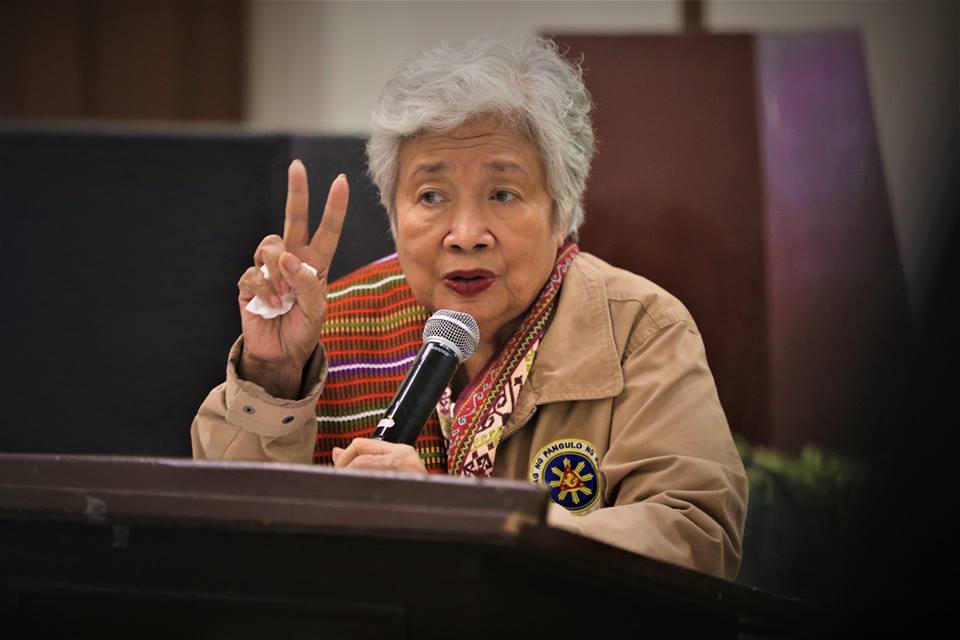News
DepEd reiterates use of open school data to combat corruption

FILE: Education Secretary Leonor Briones (Photo: DepEd Philippines/Facebook)
MANILA — The Department of Education (DepEd) reiterated on Tuesday that the use of “open school data” is an effective way to address the education stakeholders’ concerns as well as combat corruption.
The United Nations Educational, Scientific, and Cultural Organization (UNESCO), which espouses the concept, says open data enables education officials and the public to monitor the sector’s progress and identify bottlenecks and malpractices in the system.
The DepEd said open school data entertained the stakeholders’ requests for information about its transactions, so long as these would not jeopardize privacy and matters of national security.
Last Jan. 24-26, DepEd, together with UNESCO’s International Institute for Educational Planning (UNESCO-IIEP), organized the International Policy Forum entitled, “Using Open School Data to Improve Transparency and Accountability in Education” in Quezon City.
The forum was attended by researchers, policy-makers, civil society representatives, and other education stakeholders from 15 different countries.
At the forum, Education Secretary Leonor Briones called on all education stakeholders, researchers, communication groups, and the media to make use of available data and information from DepEd.
“Take advantage of our seriousness in sharing information, so we can enrich our public discussions on education issues,” she said.
Briones also pointed out that as the agency actively promotes transparency and accountability, any individual or group is welcome to contact DepEd’s communication group to ask for information or data access.
Better transparency
Meanwhile, DepEd mentioned that among its strategies to show better transparency were the publication of a school report card and the creation of a transparency board in schools in strategic areas.
According to DepEd Undersecretary Jesus Mateo, these two aimed to disclose vital information to stakeholders, so they would be encouraged to use the data to come up with possible solutions to education issues.
Among the details being disclosed in the school report card are the school funding, student enrollment, and pupil-teacher ratios.
UNESCO-IIEP Director Suzanne Grant Lewis, however, said that while advocating open education data, the process should not stop at disclosures. Policies and capacity development initiatives must exist to further improve the quality and delivery of education, she said.
For her part, Philippine National Commission for UNESCO secretary general Lila Ramos Shahani mentioned during the forum the need to create strategies to ensure a wider reach of data and information even to those who do not have internet access.





















